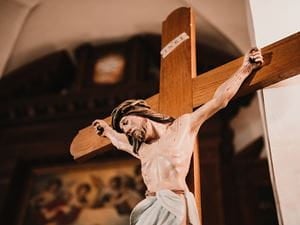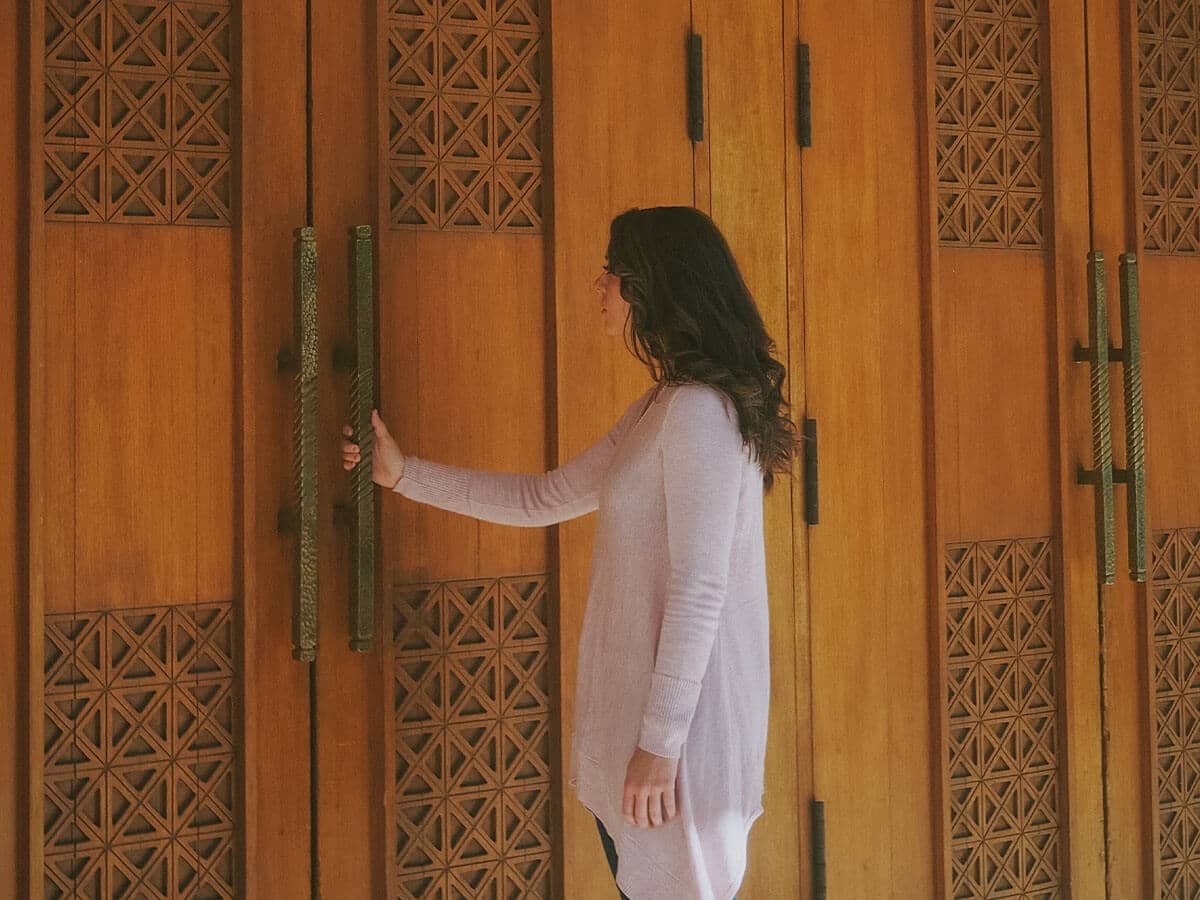
Any attempt to understand Christ’s suffering on the cross must account for the fact that years of holy Christian traditions have largely domesticated the cross, making it challenging to realize how it was viewed during Jesus’ time. The shameful and painful aspects of crucifixion have become blurred, and no matter what we think we know about this execution technique, it doesn’t mean the same thing to us as it did to those living in the first century.
We know that God sent Jesus to earth to provide a pathway to salvation for Gentiles or people of no Jewish background. God already gave Hebrews access due to the Abrahamic covenant. Jesus became the Lamb so humanity could access God’s forgiveness. Jesus was convicted of blasphemy because He was declared God’s Son. His accusers beat Him and made another man carry His cross. Jesus was crucified on the cross between two thieves, but what else do we know about Jesus’ crucifixion?
Crucifixion in the Bible.
Most crucifixion references are found in Matthew 26 and 27, but there are also references to the crucifixion in Luke 23, John 18 and 19. Recollections differ from book to book, but they all reveal that Jesus was ridiculed, mocked, and called King of the Jews. Others tempted Him to use His godly power to remove Himself from the cross if He was God’s Son. When they got to Golgotha, the place of the skull, they offered Jesus wine mixed with gall to drink, but after tasting it, Jesus refused it.
Two rebels were crucified with Jesus. Some threw insults at Him, while the elders and chief priests mocked Him, saying He saved others but couldn’t save Himself. They also said that if He was indeed the king of Israel, He would come down from the cross so they would believe in Him. If He trusts in God, let God rescue Him now. Jesus wasn’t the only one mocked; bystanders also mocked those crucified with Him, as detailed in Matthew 27:32-44.
The Bible says that darkness came over all the land from noon until three in the afternoon. At the same time, Jesus loudly cried out, “My God, my God, why have you forsaken me?” When some people standing around heard this, they believed He was calling out to Elijah. Immediately, one person got a sponge, filled it with wine vinegar, and offered it to Jesus to drink. However, the rest said to leave Him alone and see if Elijah comes to save Him. When Jesus cried out again, He gave up His spirit.
At that moment, the temple’s curtain ripped from top to bottom, the earth shook, rocks split, and the tombs broke open. The bodies of holy people who died were raised to life, coming out of the tombs after Jesus’ resurrection and into the sacred city, appearing to many people. Those who saw all of these things happen believed He was the Son of God.
Why was there darkness during Jesus’ crucifixion?
It’s a familiar scene from some movies and modern traditions of the Bible. As Jesus hung on the cross, an eclipse blotted out the sun. However, did a solar eclipse darken the skies during the crucifixion? Scholars have debated the exact date of Jesus’ death for centuries and questioned whether an eclipse could happen during that time. Three of the four Gospels that detail Jesus’ earthly life and ministry mention the sky became dark as Jesus hung from the cross.
Luke 23:44 says that darkness came over the land from about noon until 3:00 p.m. because the sun’s light failed. The New American Bible translates this to “because of an eclipse of the sun.” Rev. James Kurzynski said from his perspective, he views the question as a byproduct of living in a culture that tries to explain everything with science. He added that we get into the mindset that there’s an explanation for everything in the Bible. Still, this question isn’t new, for even Sir Issac Newton pursued it.
Could there have been an eclipse during Jesus’ death?
The Gospels clearly state that Jesus was crucified during Passover, a Jewish festival celebrated during a spring full moon. However, according to Brother Guy Consolmagno, director of the Vatican Observatory, a new moon is necessary for a solar eclipse to happen, making it the wrong moon phase. Also, the darkness during the crucifixion was too long to be a solar eclipse. The time from the start to the end of a partial eclipse can run almost three hours. However, Consolmagno says the darkness of a total eclipse only lasts a few minutes. Not to mention, people were aware of eclipses. They could accurately predict them, so it’s inevitable that they knew the darkness at the time of the crucifixion couldn’t be a typical solar eclipse.
How should Christian readers interpret this darkness?
The darkness could’ve been caused by increased cloud coverage if not an eclipse, or it might’ve been a poetic device highlighting the moment’s gravity. It also could’ve been a miraculous sign. Evangelist Anne Graham Lotz said the darkness “wasn’t just creation feeling sorry for the Creator; it wasn’t just a warning; it was a sign of God’s judgment.”
Christians who believe in substitutionary atonement believe Jesus died as a substitute for sinners, taking the judgment they deserve. Lotz also pointed out other mentions of darkness in the Bible, like the darkness plague described in Exodus, one of the 10 plagues God sent to Egypt to influence Pharoah to free Jewish slaves.
The Prophet Joel also details the sun turning to darkness and the moon to blood before the Lord’s day. Lotz said it’s a sign of God’s absence and total judgment, and she believes the judgment on the cross was more meaningful than a solar eclipse, but when we go to heaven, we’ll find out.
Why was Jesus crucified?
God sent Jesus to earth as the middle man between God and humanity. His purpose was to come to earth, preach the gospel, and be crucified, which was challenging, even for Jesus. He spent much time praying, seeking God’s will regarding the event. We may never know why there was darkness for three hours during Jesus’ crucifixion. However, we know that He died on the cross for our sins.

